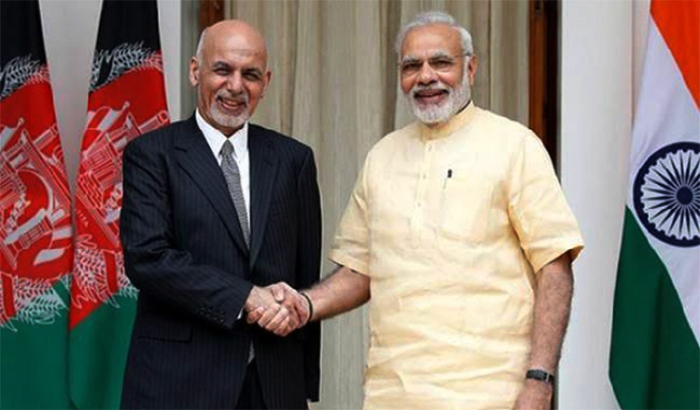Mumbai, May 4: Days after Facebook, private equity firm Silver Lake said it will invest 56.56 billion rupees ($746.74 million) in Reliance Industries's digital arm, giving it a valuation of 4.90 trillion rupees. Silver Lake on Monday agreed to pay Rs 5,655.75 crore to buy 1.15 per cent stake in the firm that houses billionaire Mukesh Ambani's telecom arm Jio.
The investment in Jio Platforms comes within days of Facebook investing USD 5.7 billion to buy a 9.99 per cent stake in Jio Platforms. The investment is at a premium of 12.5 per cent to the Facebook deal.
"This investment values Jio Platforms at an equity value of Rs 4.90 lakh crore and an enterprise value of Rs 5.15 lakh crore and represents a 12.5 per cent premium to the equity valuation of the Facebook investment announced on April 22, 2020," Reliance said in a statement.






Comments
Add new comment